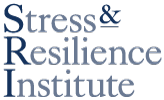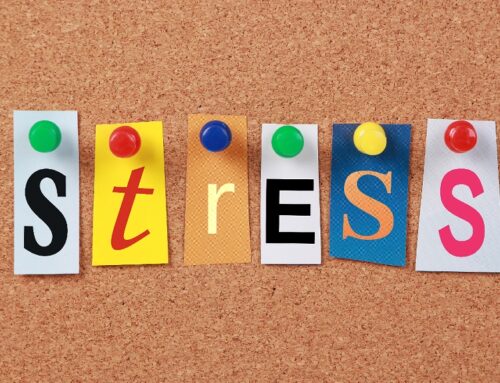5 questions to identify what really prevents you from filling your tank Have you taken yourself off of your to-do list? How regularly do you rejuvenate? What gets in the way of your ability to fill your tank regularly? These are just some of the questions I ask busy professionals when I talk to them about managing stress and building resilience. Several months ago, I was working with a group of women during a resilience training, and a participant, who I will call Louise, was part of that group. When we talked about the importance of rejuvenating as a tool to manage stress and build resilience, she had an “aha” moment. She realized that she had been spending so much time tending to the lives of her husband and three boys that she had forgotten, for years, to address her own needs. Both her happiness and her waistline had taken a hit because she had been so focused on helping everyone else. Women in particular are hardwired to be caregivers and nurturers. Louise, like many other busy people I know, simply wanted to take care of her family, but she was paying a price. Helping others is a good thing, but prolonged failure to rejuvenate is detrimental to your health and ability to manage daily work and life stress. If you’re busy helping other people to the exclusion of your own self-care, or simply keep finding yourself saying, “I don’t have time to relax,” ask yourself these five questions: 1. Do you help others because it keeps you busy? If you’re busy helping others, then haven’t you created the perfect, socially acceptable excuse to ignore you? For example: “I would start working out this weekend, but I’m helping my friend move;” or, “I would look for a new job that fulfills me, but my kids need my attention.” Managing your own stress and finding time to refuel need to be top priorities. 2. Have other people actually asked for your help? So many people I know help because they think the receiver of their help really needs it. Louise realized that she was compulsively rescuing one of her sons when she really needed to let him struggle a little with a school-related issue. 3. Are your strengths interfering with your ability to rejuvenate? This might sound like an odd question, but consider this: Some of my top strengths are achiever, competition, focus (all from the Gallup StrengthsFinder strengths assessment) and perseverance (from the VIA Inventory of Strengths). This blend of strengths has served me well in my professional life, but tends to interfere with my ability to make time for myself. As a result, I have to be proactive in making sure I’m managing my stress appropriately. 4. Are you helping for the right reasons? Edward Deci and Richard Ryan’s research suggests that the type of motivation you use has important consequences for your well-being. Activities that are intrinsically motivated are done for the interest and enjoyment they provide. Conversely, activities that are extrinsically motivated are done because you think you should and/or expect some type of reward or to avoid punishment. Take a look at all of the instances that you help others during your day. Ask yourself whether you are helping purely for the enjoyment of helping, or because it’s the path of least resistance. 5. Do your core values and beliefs interfere with your ability to fill your tank? Your core values and beliefs are your Rules for Living. They are your blueprint for the way you think the world should operate. Your Rules for Living tend to live outside of your awareness, but creep up when you overreact to something, get stuck making what should be an easy decision, or have a pet peeve about something. Some examples of Rules for Living are: “work hard, play hard;” “people should respect their elders;” “family comes first;” and “work comes first.” How do your Rules for Living promote or undercut your self-care habits? Being able to rejuvenate regularly is critical to helping you to manage stress effectively and build your resilience; in fact, you should consider it as necessary as sleeping and eating. Let the message to your kids, family, and friends be one of resilience, and begin today by creating healthy habits around managing your own stress and self-care.





